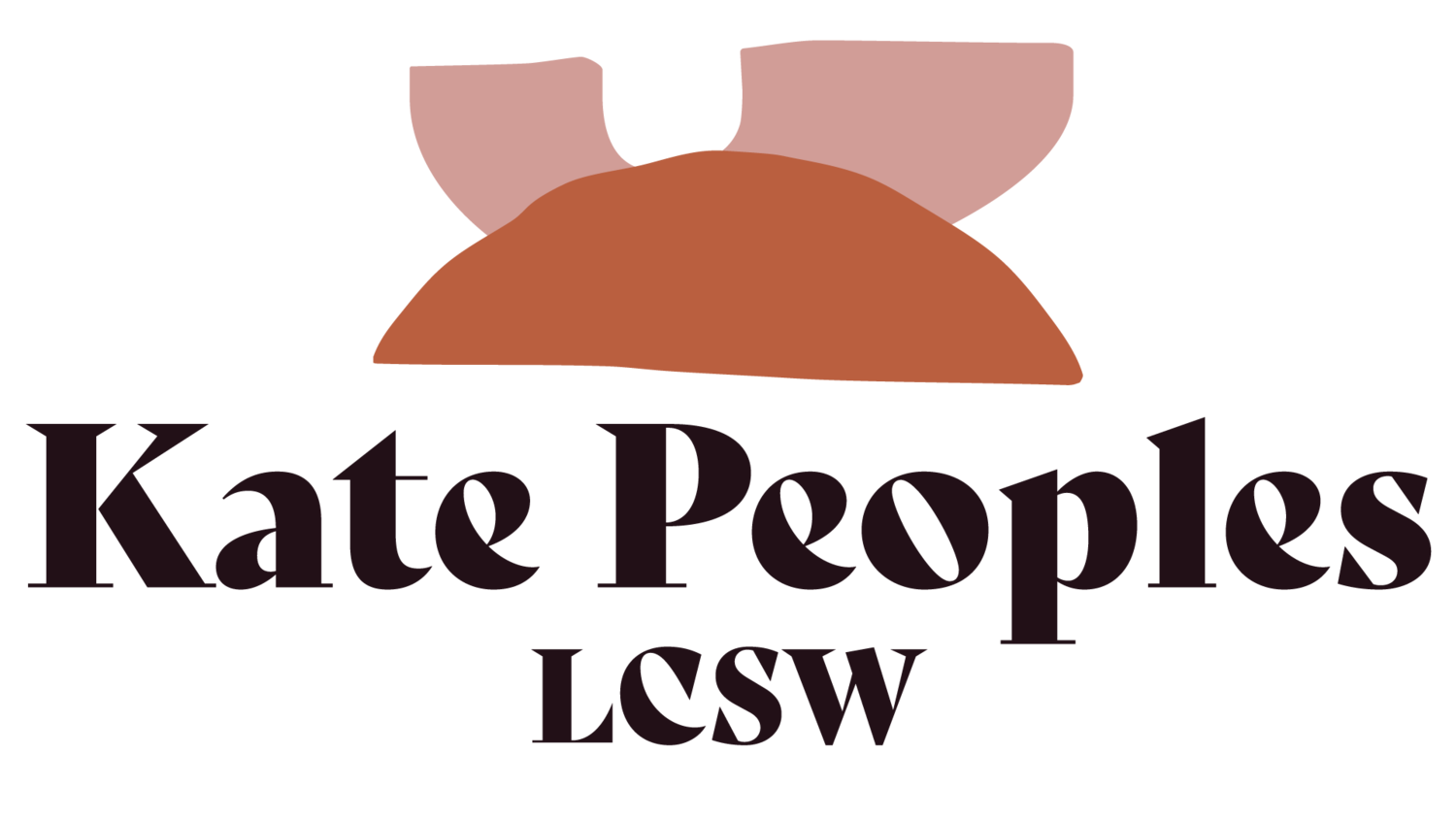
Therapy for Eating Disorders
Eating disorders are isolating illnesses that thrive in secrecy and shame. First and foremost, you are not alone in your struggle. Over 30 million Americans experience an eating disorder in their lifetime. Second, recovery is possible. It can be hard to imagine a life without food guilt and body shame, especially in a culture as body obsessed as ours, but life beyond your eating disorder is possible.
Your eating disorder wasn’t your choice, but recovering is your responsibility. Together, we’ll work to unearth the root system that upheld your eating disorder and build the foundation for a new way of life, one founded in body trust and radical self love. In therapy, we’ll help you reclaim the voice your eating disorder has stifled and harness the resiliency already inside of you.

A collaborative approach
Eating disorders are complex illnesses that often require a multidisciplinary approach, something we often refer to as a “treatment team.” While the makeup of this team will look different for each person, based on their unique needs, some aspects of treatment may include the following:
Registered Dietitian- A non-diet, HAES® aligned registered and licensed dietitian that specializes in the treatment of eating disorders and can provide nutritional management and counseling.
Primary Care Physician- A primary care physician will be able to monitor the physical symptoms that accompany eating disorders and assess for medical stability and safety.
Psychiatrist/Psychiatric Mental Health Nurse Practitioner (PMHNP)- Medication management can be an important part of aiding in emotional and mood stability for folks recovering from eating disorder and concurrent mental health disorders.
Support groups- Community can be such an integral part of healing and the addition of support groups (such as the free, clinician led support groups through The Alliance for Eating Disorders Awareness) provide a space of safety and connection.
My Approach
01
Health at Every Size® (HAES®)
HAES® works to provide an alternative model of approaching health, rejecting our culture’s weight-centric lens of viewing health, and embracing a model of size-acceptance and respect for body diversity. HAES® principles include: weight inclusivity, health enhancement, eating for well-being, respectful care, and life-enhancing movement.
02
Intuitive Eating
Diet culture makes food complicated. Recovering from an eating disorder and into a society saturated by diet culture is hard. Intuitive Eating provides a self-care eating framework that assists in cultivating attunement with our body’s physical sensations and removing obstacles and disruptors—such as rules, beliefs, and thoughts—to that attunement (see ya, diet mentality!).
03
Social Justice
Having a body in our culture is inherently political. We live in a society that places value on white, cis, thin bodies. Identifying and dismantling oppressive forces (racism, sizeism, sexism, ableism, etc.) is a fundamental part of recovery. Rewriting old, harmful ways of thinking and moving toward body acceptance and liberation requires radicalness. All bodies deserve dignity and respect.
04
Self-Compassion & Shame Resilience
Shame is “the intensely painful feeling of believing that we are never good enough and therefore unworthy of love, belonging, and connection.” It plays an integral role in the development and maintenance of eating disorders. Recovery requires us to build a different relationship with ourselves, one rooted in self-compassion and shame resilience.

“You do not have to be good.
You do not have to walk on your knees
for a hundred miles through the desert, repenting.
You only have to let the soft animal of your body
love what it loves.”
-Mary Oliver, “Wild Geese”
Ready to find your truest self?




